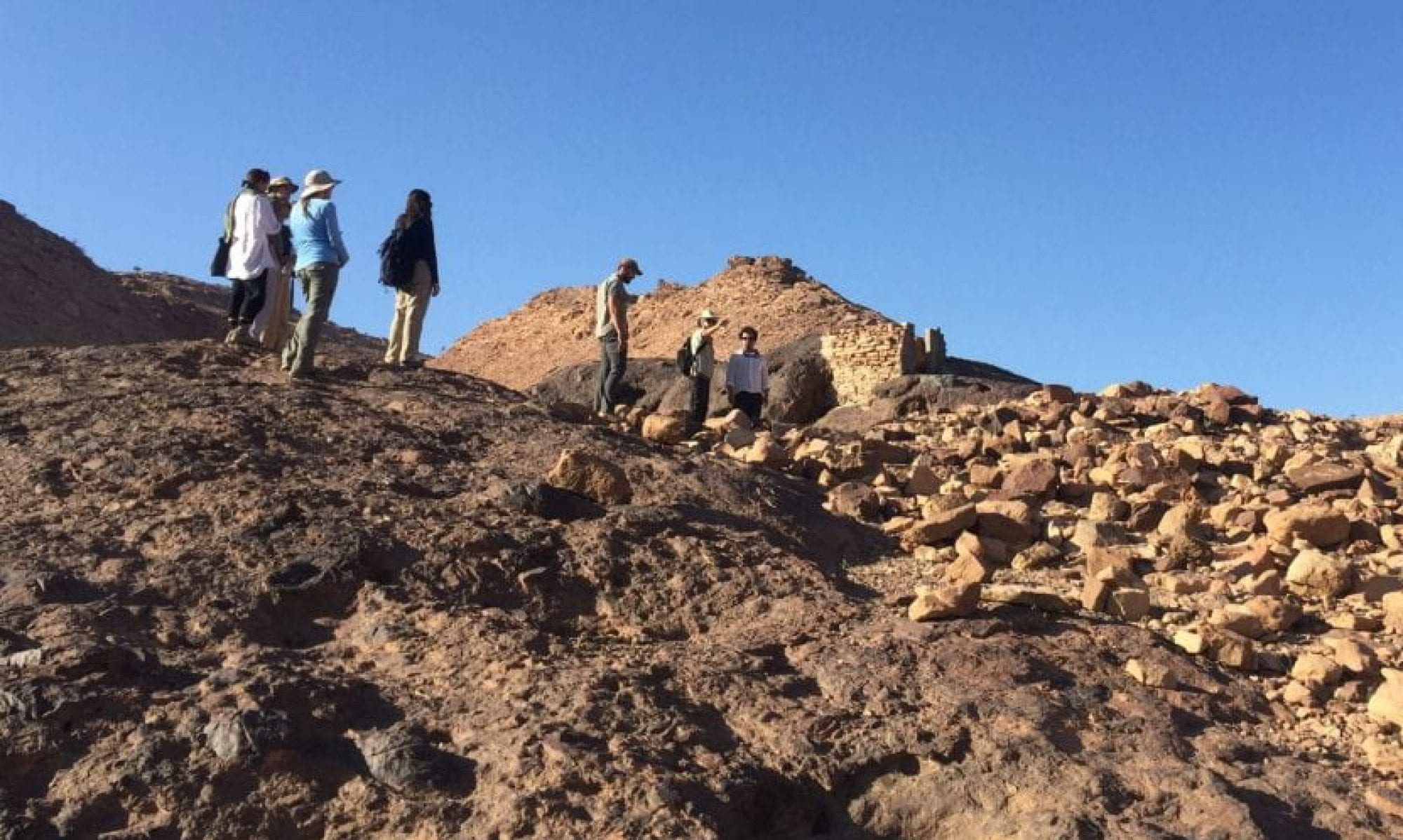Thursday, April 14th– Friday, April 15th, 2016
Joukowsky Institute for Archaeology and the Ancient World
Conference Themes
Archaeologists have an increasing penchant for anxiously expressing the “usefulness” of our field. Clamoring to be heard on a scholarly level, relentlessly grasping for the public’s ear, and politically emphasizing their disciplinary viability, archaeologists seek to reaffirm their existence in rather uncertain times. In a particularly troubling academic climate that is witnessing departmental amalgamation and a relative dearth in full-time faculty hires, how does the discipline of archaeology envision its future? What is its role beyond the walls of the academy? Should archaeology be useful and, if so, for what purposes (Dawdy 2009)? Given recent attempts to “reclaim” archaeology as a discipline of things from metaphorical and ontological cooption (González-Ruibal 2013; Olsen 2010; Olsen et al. 2012; Shanks 2012), where does the discipline go once it has been reclaimed as our own? In conducting socially conscious and politically motivated projects, what types of questions can archaeologists ask of the past that address the human condition in the present and future? This conference addresses archaeology’s potential role in contributing to pressing world problems including climate change, economic inequality, human rights, neocolonialism, and militarism. Without succumbing to delusions of grandeur, what can archaeologists realistically accomplish with politically guided research agendas that look to the past and present to think about our future?
Fabian’s (1983) Time and the Other: How Anthropology Makes Its Object has long-resonated with anthropologists and contains trenchant lessons for archaeologists. Deeply critical of the rigid separation between anthropological interpretation and the “other” anthropological subject, the argument speaks to archaeology’s unacknowledged comfort with relegating the things and peoples we study to the past and our interpretations in the present. Laurent Olivier’s (2011) The Dark Abyss of Time, in addition to other works, marks an emphatic break with subjective disciplinary conceptualizations of time and proclaims that archaeology is a discipline that is undeniably about the present. This conference builds on these themes, among others, to address how futurity plays a role in how we confront the past in the present. Through a departure from linear time, this conference will explore alternative notions of time, material vestiges of the past in the present, and embodied experiences that transcend temporalities. If we accept that archaeology is a discipline about the present, how are we to think about time and futurity?
Program:
Keynote
Thursday, April 14th at 4:00 pm, 108 Rhode Island Hall
Laurent Olivier (National Museum of Archaeology at Saint-Germain-en-Laye, France)
Friday, April 15th, 108 Rhode Island Hall
8:30-9:00 – Morning reception
9:00-9:10 – Introduction and welcome, Matthew Reilly (Brown University)
Session 1: Archaeologies of/in Crisis and Conflict
Chair: Matthew Reilly (Brown University)
9:10 –Should Archaeology Have a Future? – LouAnn Wurst (Michigan Technical University)
9:30 – Archaeological Revelations in the Enduring Post-Colonial/Post-Conflict State – Laura McAtackney (Aarhus University)
9:50 – Suspended Landscapes: Crisis, Urgency and Materiality at the Margins of Europe – Dimitris Papadopoulos (Columbia University)
10:10 – Discussion
– Break 10:40-11:00—
Session 2: Collapsed Pasts, Present Urgencies, and Archaeological Horizons
Chair: Parker VanValkenburgh (Brown University)
11:00 – Detroit 139: Archaeology and the Future-Making of a Post-Industrial City – Krysta Ryzewski (Wayne State University)
11:20 –African Futures Past: Material Horizons of Peasant Expectations in Senegal – François Richard (University of Chicago)
11:40 – Unpacking the Pews at Spring Street: Corporeal Congregations and Asynchronous Lives – Shannon Novak (Syracuse University)
12:00 – Changing Practice and Sedimenting Futures: Reflections from Lake Titicaca, Bolivia – Andy Roddick (McMaster University)
12:20 – Discussion
—– Lunch Break 12:50-2:30—–
**NOTE RELOCATION TO 120 LIST ARTS BUILDING**
Session 3: Contemporary Encounters and Speculative Futures
Chair: Felipe Rojas (Brown University)
2:40 – History, Capitalism, and Postcolonial Identities: An Archaeology of the Future – O. Hugo Benavides (Fordham University)
3:00 –Hypanthros: How Might Archaeologists Approach that which is in Excess of Monstrosity? – Christopher Witmore (Texas Tech University)
3:20 –Future Participle: Towards a Speculative Archaeology – Uzma Rizvi (Pratt University)
3:40 – Discussion
— Break 4:10-4:30—
Closing Plenary
Friday, April 15th at 4:30 pm, 120 List Arts Building
An Archaeology of the Future – Cornelius Holtorf (Linnaeus University, Sweden)

